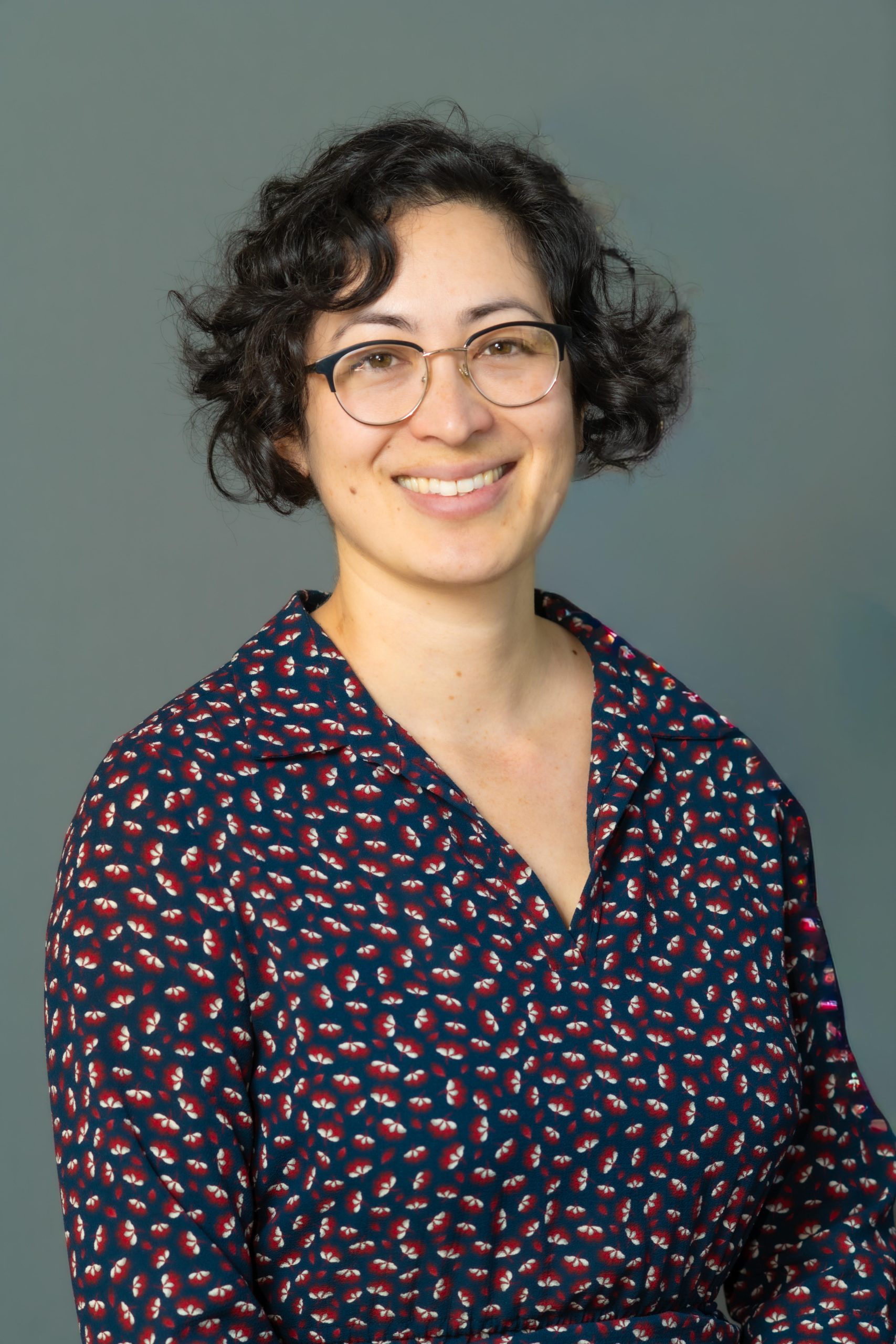Rose Abramoff
—-
Rose Abramoff
Assistant Professor of Forest Science
5755 Nutting Hall
Orono, ME 04469-5755
Phone: (207) 581 2148

Education:
Ph.D., Boston University
Certificate in Biogeoscience, Boston University
B.A., Amherst College
Before arriving to UMaine in 2025, I held staff or postdoctoral positions at Oak Ridge National Laboratory, Lawrence Berkeley National Laboratory, and Le Laboratoire des Science du Climate et de l’Environnement.
My current focal areas are belowground carbon cycling, forest ecology, and climate feedbacks, but I have an expanding interest in climate impacts and decision science.
Research:
My research focuses on how climate change and human land use affect the land carbon cycle, particularly belowground components like plant roots and soil. We use field and laboratory measurements, large dataset synthesis, machine learning, and computer simulation modeling. I’ve worked in a variety of ecosystems, including the Arctic tundra, fire-prone Mediterranean forests, Eastern forests, and agricultural fields on topics related to climate change impacts, soil microbial modeling, plant-soil interactions, and carbon sequestration.
Courses:
SFR 521: Research Methods in Forest Resources (co-taught)
3 credits
Provides graduate students with the fundamental research skills needed to successfully prepare for their thesis research, as well as professional careers in scientific research. Students learn how to plan, write, and critique scientific research proposals. Instructions focuses on direct, hands-on learning by writing a proposal that can serve as a student’s graduate thesis research proposal. Students learn to pose relevant, interesting, and researchable questions; design testable hypotheses; develop research goals and objectives; and apply critical thinking skills to design appropriate research methods. Key elements of research planning include funding, project management, responsible conduct in research, and journal publications are covered. Graduate students taking this course will meet the University of Maine’s requirement for Responsible Conduct in Research training.
—
SFR 605: Forest Biology Problems – Modeling Ecological Data
3 credits
Ecological systems are shaped by dynamic interactions between their physical environment and living organisms, including humans. To make informed decisions about management, restoration, and mitigation, we need more than just qualitative understanding—we need to be able to address research questions and manage messy data in a clear and quantitative way. You will develop strategies to interpret real-world data using frequentist and Bayesian methods, including managing large datasets and analysis workflows efficiently using R and GitHub, handling missing data, developing and fitting empirical and biophysical models, using machine learning techniques, and building models to account for variation across space and time. Whether you are working with ecosystem functions, community dynamics, or global environmental change, this course will help you use statistical and process-based models to make meaningful contributions to your field.
Graduate Students:
Cameron Chin (M.S.) Topic: Carbon and nitrogen cycling in forest soils
Publications:

